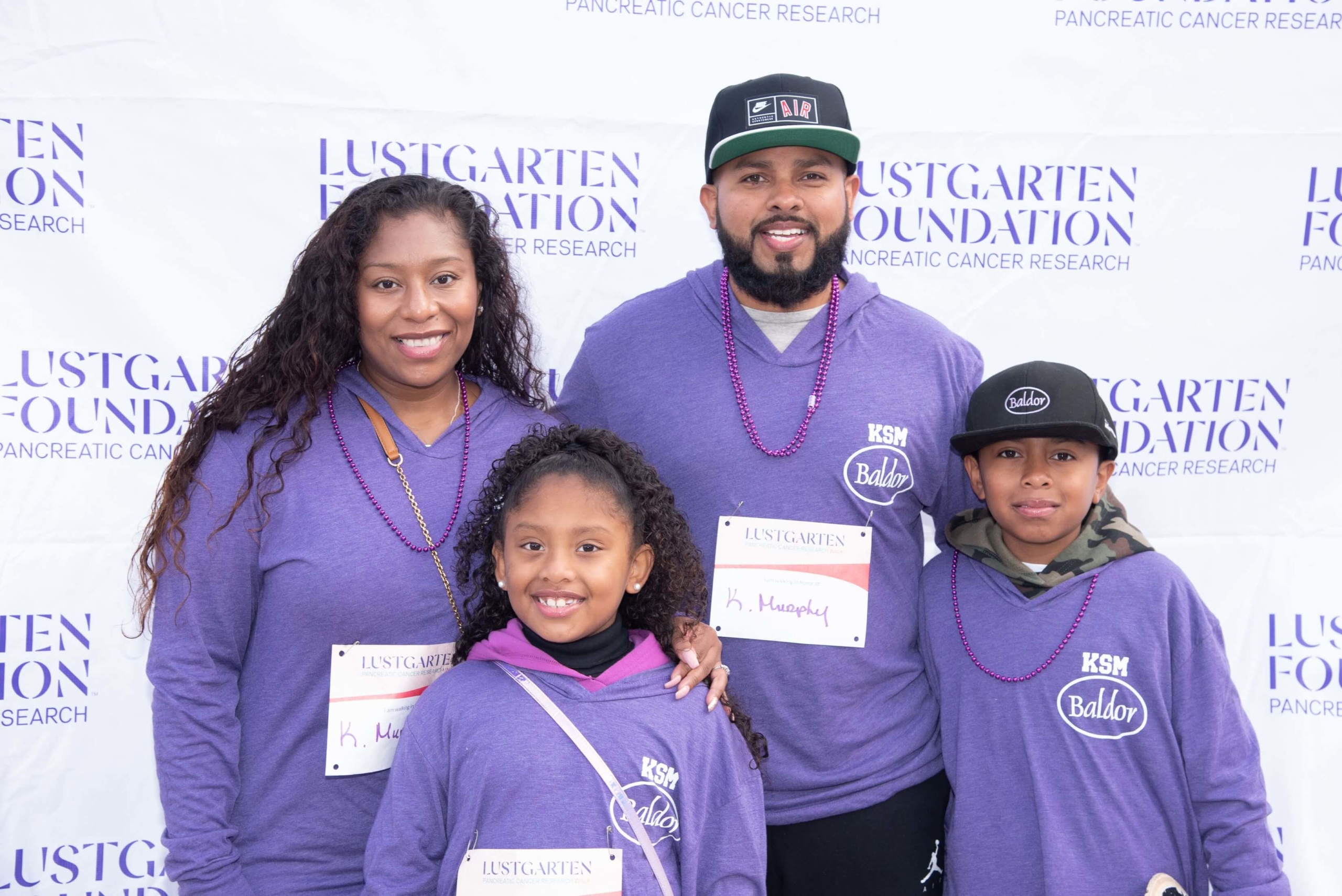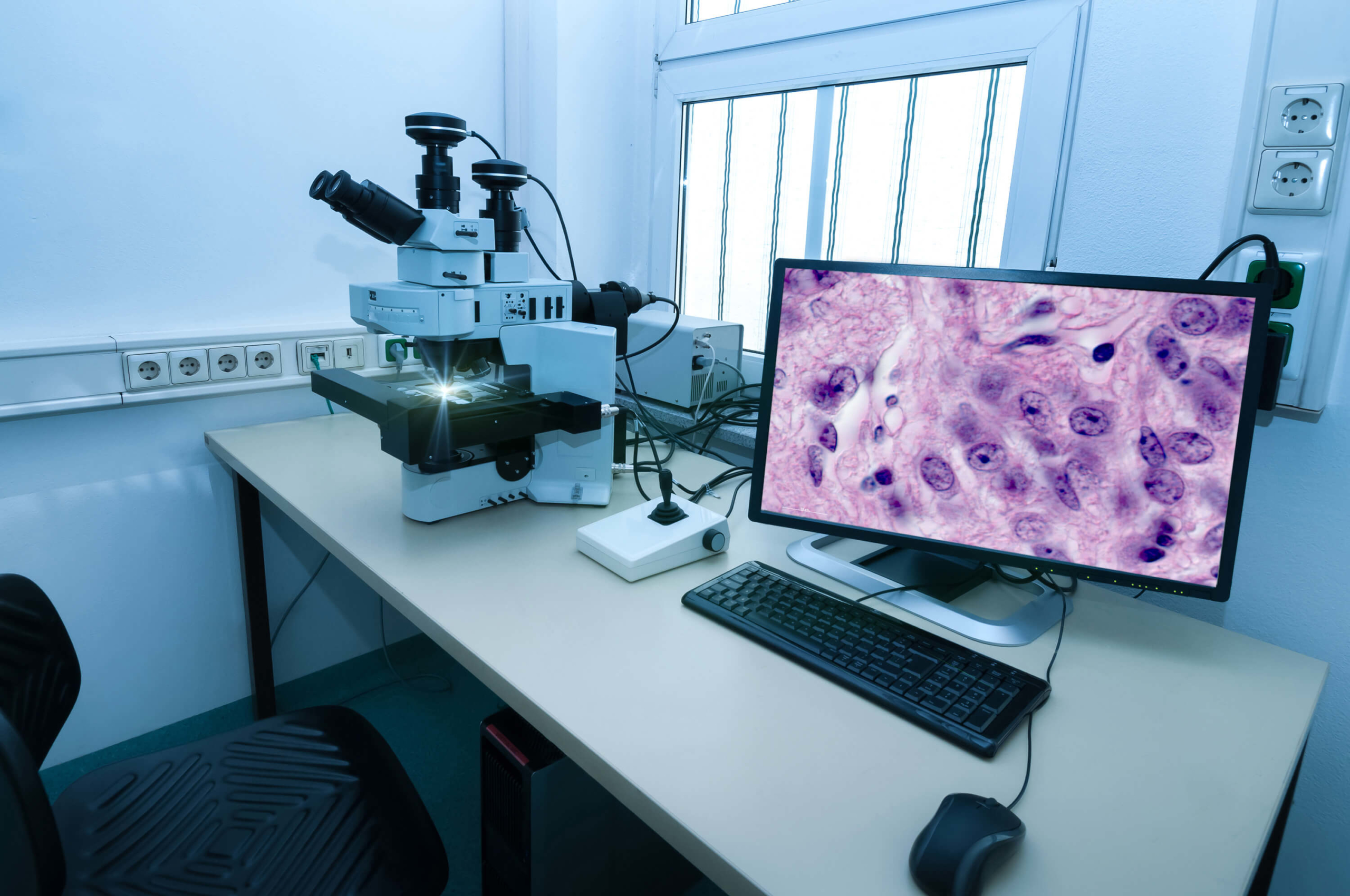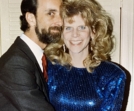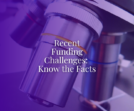The Lustgarten Story
The Lustgarten Foundation Changed Everything
When the Lustgarten Foundation was established, pancreatic cancer was considered an orphan disease with very little money going into research and virtually no long-term treatment options. Lustgarten changed all that. Today, there are thousands of researchers working to improve patient outcomes and to discover breakthroughs in pancreatic cancer treatments.
Learn about Marc Lustgarten and how his diagnosis and experience launched a game-changing Foundation with a critical mission.
Read MoreThe Strategy
The Lustgarten Foundation exists to transform pancreatic cancer into a curable disease. We are committed to stretching the boundaries of science and centering our research programs on the areas with the greatest potential for impacting patients, including earlier detection, therapeutics and personalized medicine.
Read MoreIn 1998, 51-year-old Marc Lustgarten, Cablevision Vice Chairman, was diagnosed with pancreatic cancer. Colleagues say his larger-than-life presence in a variety of key leadership positions brought out the best in those around him, and he elevated others in all areas of his life. He welcomed even the most daunting challenges as an executive, a husband and as a father; and he faced them in good spirits with his quintessential-New-Yorker sense of humor.
When he began feeling unwell, it took six months for Marc to receive his stage four pancreatic cancer diagnosis, and there were almost no treatment options available. An “orphan disease,” pancreatic cancer was allocated less than half of one percent of the National Cancer Institute’s (NCI) research budget. With no additional funding, few young investigators opted to dedicate their careers to the study of the disease and there was little hope for breakthroughs.
Discoveries
Cold Spring Harbor Laboratory (CSHL) is at the forefront of using organoid technology to study and treat cancer. Organoids are tiny 3D clusters of cells that are miniature versions of patients’ tumors.
The annual American Society of Clinical Oncology (ASCO) meeting brings together scientists from across the country who are studying every type of cancer to share the latest results from the […]
With a five-year survival rate of only 11%, pancreatic cancer patients need more effective therapies. A new form of immunotherapy is showing promise, as it shrank metastases and stopped progression […]
Neoadjuvant gemcitabine-based chemoradiotherapy prolonged OS compared with upfront surgery among patients with resectable and borderline resectable pancreatic cancer, according to phase 3 study results in Journal of Clinical Oncology.
Social Link Listing
Corporate Card
Todd Greenberg lost his wife Miriam to pancreatic cancer in 2015. As the owner of Budget Blinds in Ossining, NY, Todd donates a percentage of his sales to support the Lustgarten Foundation’s research efforts. He keeps Miriam’s legacy alive by walking with his team, “Miriam’s BFF’s,” at Lustgarten Walks in Greater Philadelphia and New York City.
Families Move On By Lisa Strahs-Lorenc is a positive support book that discusses how families cope with losing a loved one to pancreatic cancer. This book supports others who have lost their loved ones, and each purchase helps fund the Foundation’s research in early detection.
When the COVID-19 pandemic began in March 2020, Lustgarten supporter Maggie Assael decided to get creative. She started making mask chains to secure her masks around her neck when it wasn’t being worn, and her chains are in demand. With each mask chain purchase, Maggie is giving 20% from the sales back to the Lustgarten Foundation to help further research.
Frame it for Good is on a mission to make a difference. When you select the Lustgarten Foundation under “current organizations,” 10% of your purchase will fund life-saving pancreatic cancer research.
Separator
Faq Listing
-
What is Classy?
-
Is my information secure?
-
Why do I have to pay a registration fee?
-
How much is the registration fee?
SUSAN’s story
From Nurse to Patient
When Susan was diagnosed with pancreatic cancer, cutting-edge drugs and a supportive medical team helped her go from patient to survivor. Now she raises funds for continued research through a Lustgarten Foundation Walk for Research.
From Nurse to Patient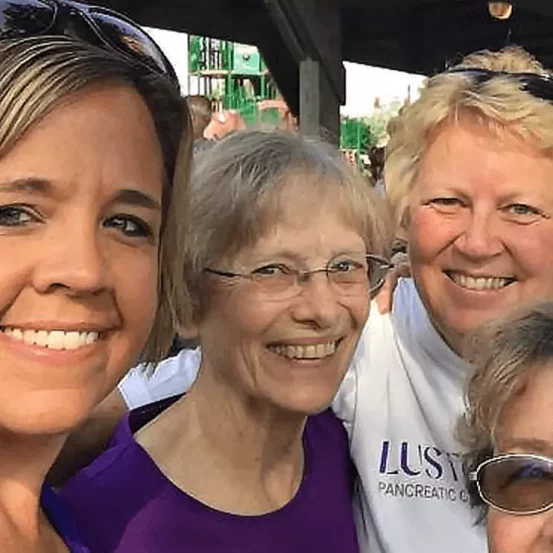
News From Lustgarten
More than 2,000 Long Islanders touched by pancreatic cancer were finally able to come back together at Jones Beach in Wantagh on Sunday, Oct. 3 for a day of hope, awareness and fundraising for pancreatic cancer research. The Lustgarten Foundation’s annual Walk […]
Answers by Diane M. Simeone, M.D. who serves as the Associate Director for Translational Research at NYU Langone Medical Center and leads its pancreatic cancer center. A particular concern for […]
Who is the greatest Jeopardy! contestant of all time? Answer: Tune in Tuesday, January 14th as the tournament continues! Watch (and play along!) as Ken Jennings, Brad Rutter, and James […]
Single Post Listing
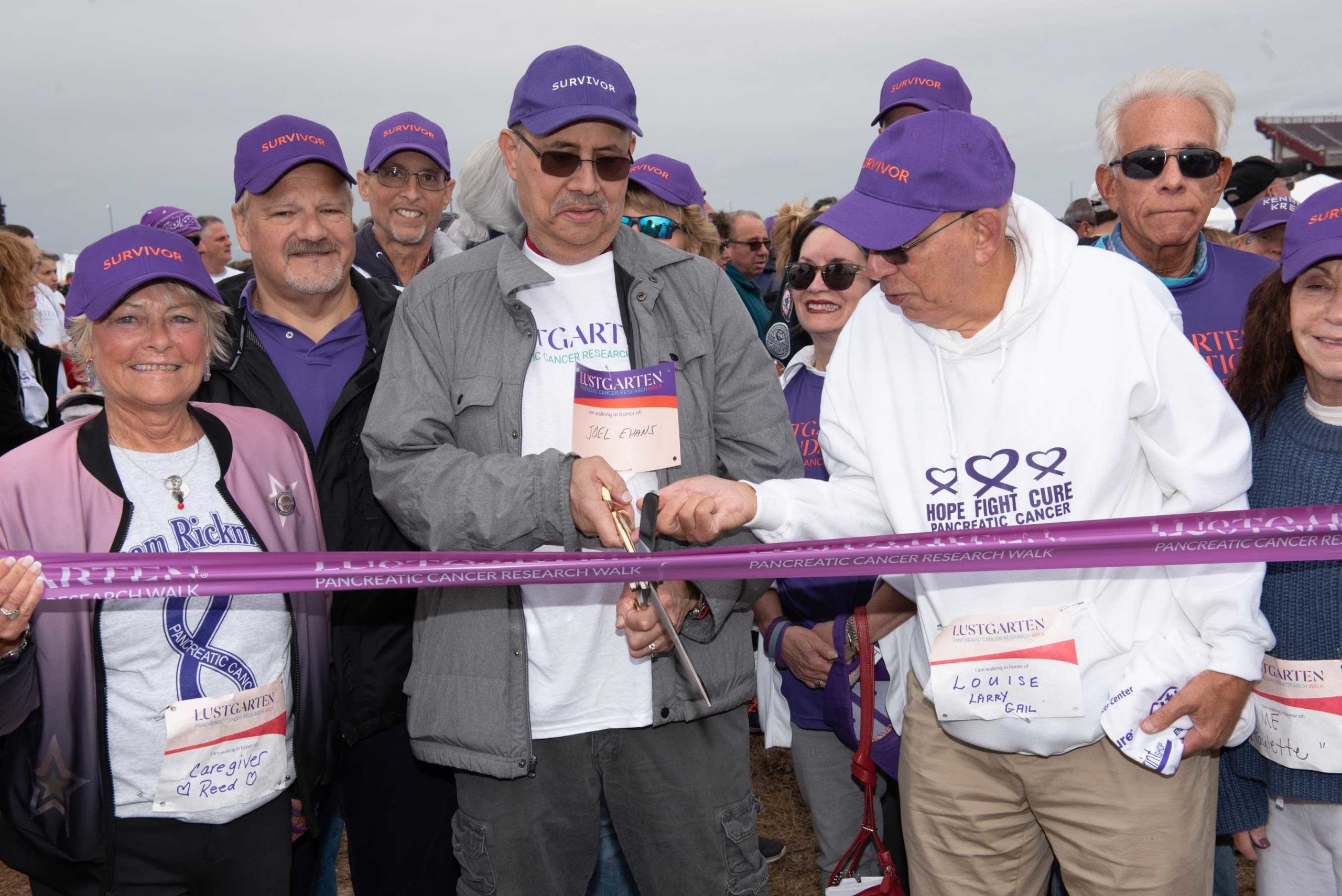
Grateful Survivor Shares His Journey in New Book
Link Repeater
-
Current Projects
Major accomplishments include sequencing the pancreatic cancer genome; identifying impediments to drug delivery; funding research surrounding Abraxane, which remains the standard of care for many patients; adding Keytruda®—the first FDA-approved immunotherapy for advanced pancreatic cancer patients with a specific mutation—to the growing number of treatment options; and establishing Lustgarten-funded dedicated laboratories.
-
Annual Reports and Financials
You Fund The Cure Thanks to separate funding to support administrative expenses, 100% of your donation funds pancreatic cancer research. We are the only private pancreatic cancer organization able to make this claim.
Square Image Alongside With Content
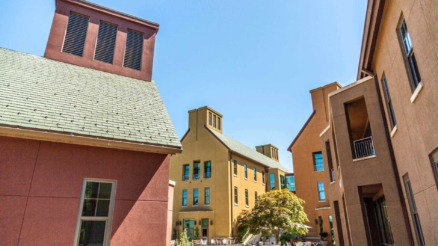
In 2012, the Lustgarten Foundation established a world-class dedicated laboratory at Cold Spring Harbor Laboratory (CSHL) to focus exclusively on pancreatic cancer research.
In November 2020, with the support of the Lustgarten Foundation, CSHL opened a new 2,200 square-foot organoid facility that is playing a significant role in the PASS-01 clinical trial. The lab is growing and testing organoids for trial participants and will share its work with outside researchers, enabling physicians to make faster, better-informed decisions about which drugs are likely to be most effective.



